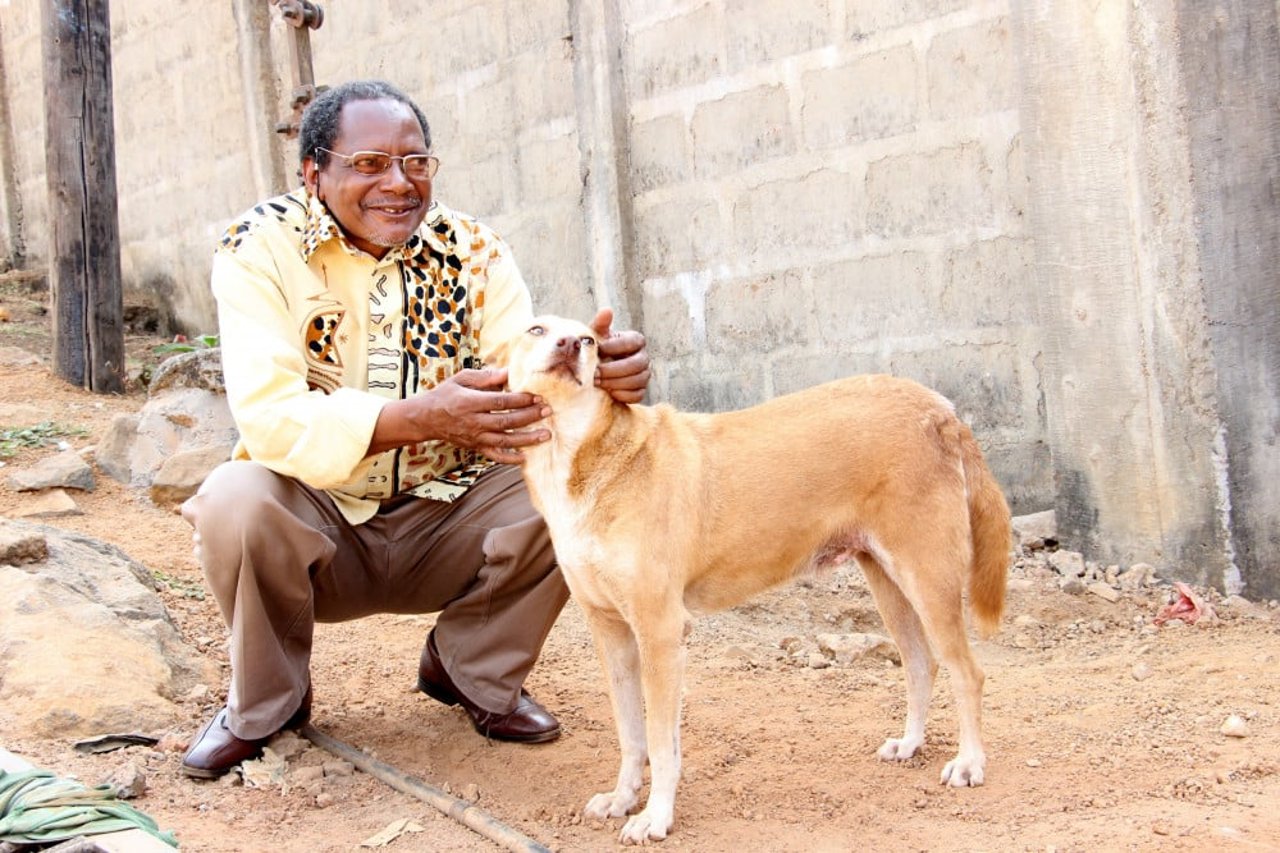
Sierra Leone’s eleven-year civil war left the country devastated. As people were forced out of their homes to seek refuge from the violence, their dogs were left behind.
Just as the country started to get back on its feet, the 2014 Ebola epidemic hit. And again, dogs were the forgotten victims. Myths circulated that dogs could transmit the disease, meaning people threw their dogs out onto the streets to fend for themselves.
The civil war and Ebola epidemic has left Sierra Leone’s capital, Freetown, with one of the densest stray dog populations in Africa.
Rabies has become rife amongst dogs and people
Estimates suggest that there are over three human rabies cases for every 100,000 people – one of the highest rates on the entire globe. It seems everyone in Freetown knows someone whose been affected by this horrific – yet preventable – disease.
And with this density of dogs comes other community conflicts: faeces on the streets, dogs scrapping over food, traffic accidents and dogs biting people and livestock. The situation is reaching boiling point. The risk of communities putting pressure on local authorities to eliminate dogs through inhumane culling is higher than ever.
Culling is never the right answer
Not only are the culling methods often inherently cruel, it does nothing to address where the stray dog population is coming from in the first place. As well as the spiralling number of stray dogs on the streets, unwanted puppies are often dumped by owners and some let their dogs out to scavenge for food in the local area during the day. These kinds of actions mean problems will arise again… and again... and again.
Right now, stray dogs are high on politicians’ agendas. Our team is getting in there and making sure politicians know we have the solutions they need.
We must end rabies
First of all, we will be continuing to work with local and national governments to eliminate the immediate threat of rabies, by vaccinating 70% of the total dog population. This will improve tolerance of dogs, and protect them from both rabies and the abuse and cruelty that happens in its name.
Dr Jalloh, Director for Sierra Leone Animal Welfare Society, sits with a stray dog
After the rabies threat is reduced, we will support authorities in introducing a dog population management programme to address the number of dogs on the streets. This will target dog owners to stop the dumping of puppies, and that dogs are looked after properly so they don’t come into conflict with the local community.
We want to show that our approach works. We’re a planning a pilot project which will include vaccinating dogs in a part of Freetown in collaboration with local authorities and our friends at the Sierra Leone Animal Welfare Society. Together we can create better for lives Freetown’s 100,000 dogs, and ultimately for all dogs in Sierra Leone.
